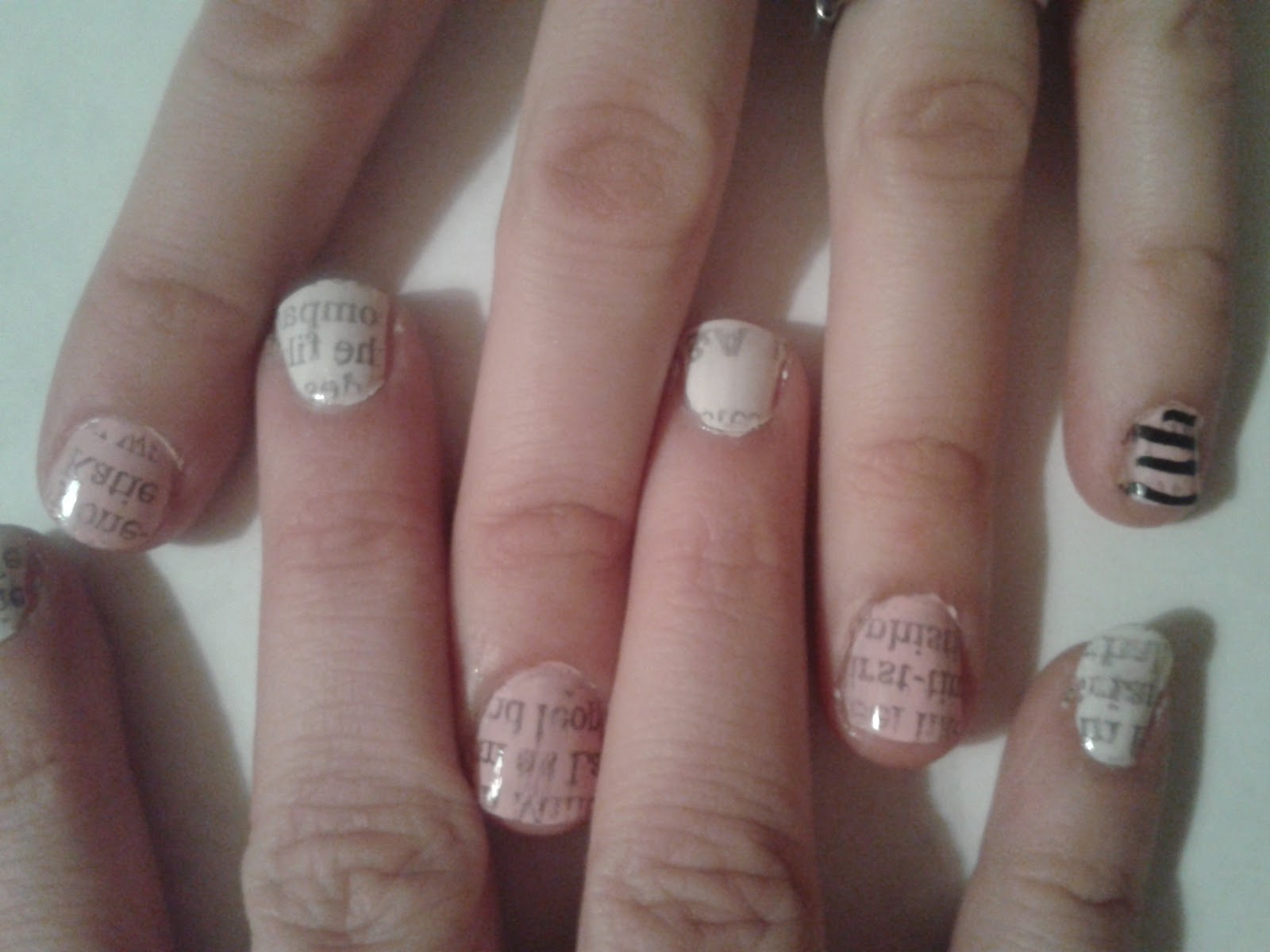-Birthday Letters by Ted Hughes, in which the Mr. Sylvia Plath reveals -in his last book- secrets about their complicated relationship.
-Alone Together: Why We Expect More From Technology and Less From Each Other, in which I give in and purchase this copy albeit used for $8 at Bookman's.
-a book as a birthday present for someone (shh!)
-for my brother, a book from 1885 called "Lucille" and unusually bound in faded alligator skin.
The Three, Solitary, Shamefully Scant List of Books I've finished this year:
-East of Eden by John Steinbeck, 600 pages
-Old Man and the Sea by Ernest Hemingway, 120 pages
-Silk by Alessandro Barico, 94 pages
And because we all know that whatever you commit to on Goodreads is like signing your firstborn child to (yeah, right), I really will read 45 books this year (I think I said 45).
In fact, right now I'm learning something about myself: Mark Twain isn't so bad. Okay, I'm sorry, Mr. Clemens, for calling you old, weird, boring, and maybe a little too hairy like Albert Einstein: what high school girl is really qualified to judge?
Truth be told, I never read The Adventures of Huckleberry Finn in high school, and there's no way you could get me to explain that -even in my detrimentally honest candor- to my 32 juniors who are now (pretending to) read it. For the sixteen year old version of myself, to sit down and read it turned into nap time, and post-nap-time-reading was met with rolling eyes, and sighs, and fidgets, so I gave up. Every day I would come to class and turn to my classmate and say, "Ya know, Katie, I just really didn't get last night's reading." (Translating Subtext: If I'd tried, maybe I would have, but will you just tell me what happened anyway?) And she would, and I would pass the daily quizzes. *sigh I know I have students like me in those seats somewhere. Worse, I know I have NHS (National Honors Society) students like me doing the exact thing I did. But, see, that just makes me a more clever adversary. I keep telling myself that this whole hypocritical experience has made me a better teacher. I mean, which of you reading adults hasn't trespassed in a similar fashion? I would bet that most of you have -you just didn't become English teachers.
Um, that's what you call irony, class.
Solution: I ask really hard questions that are ridiculously specific so that even if you read and didn't understand the reading, you would be able to pass, whereas the cheaters like myself would never get these questions by 1. skim-reading or 2. asking their neighbors for answers.
Yeah, I'm a pretty great English teacher...
...who, herself, neglected to read last week. Whoops. No worries: I asked really clever questions so that the class who seemed to do the reading could supply answers. They didn't catch on that I had forgotten my book on my desk the evening before and crammed the whole thing in ten minutes before class.
It won't happen again. In fact, as of tonight, I have begun reading with pen-in-hand again. C.S. Lewis said, "The best way to read is with book in lap, pen in hand, and pipe in teeth." I have underlined passages about superstition (salt over the left shoulder, a cross nailed into the bottom of Pap's shoes), Jim's fortune-telling clot of hair removed from an ox's fourth stomach (gross), and words like pungle. Yeah. They better see me comin' tomorrow.
So here I am, a recovering know-it-all-sixteen-year-old (aren't we all) who was immediately disproved that Mark Twain was boring by his own opener:
"NOTICE:
Persons attempting to find a motive in this narrative will be pros-
ecuted; persons attempting to find a moral in it will be banished; per-
sons attempting to find a plot in it will be shot.
BY ORDER OF THE AUTHOR, Per G.G., Chief of Ordnance."
BY ORDER OF THE AUTHOR, Per G.G., Chief of Ordnance."
I hereby revoke any verbal injustices to Mr. Samuel Clemens, to wit Mark Twain, and in only a few days, I'll finally do what I said I did eleven years ago, and I'll have another book to add to my books-read-this-year list. #fistpump
A Note To the Reader: I don't lie about finishing books anymore -otherwise there would be a great many added to that "Books I've Read This Year" list, and they would be like Joyce's Ulysses and Tolstoy's War and Peace. Hah. Like any teacher could read those during the school year...

















